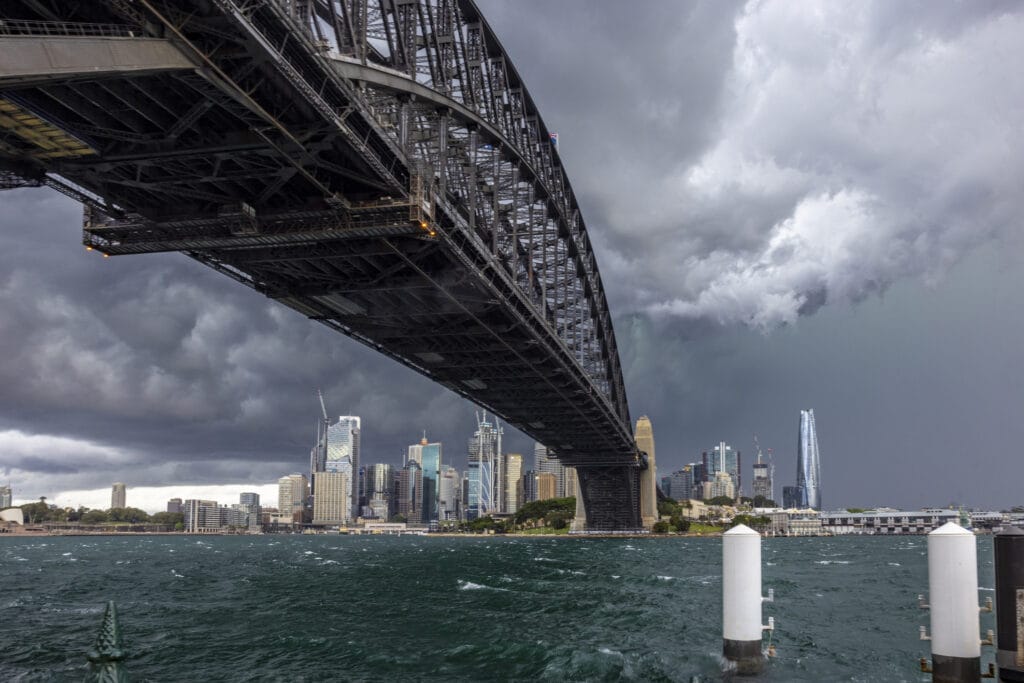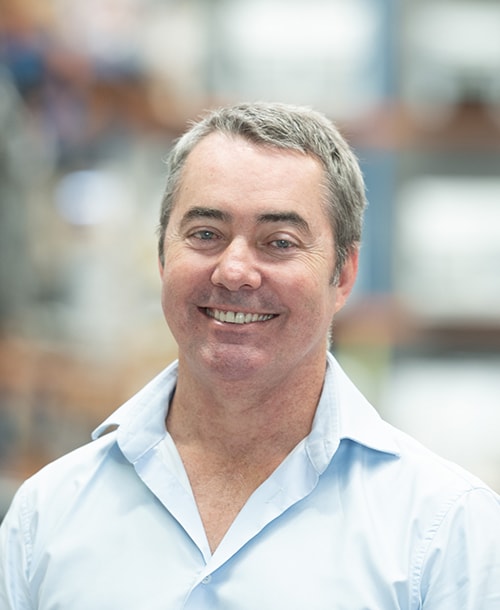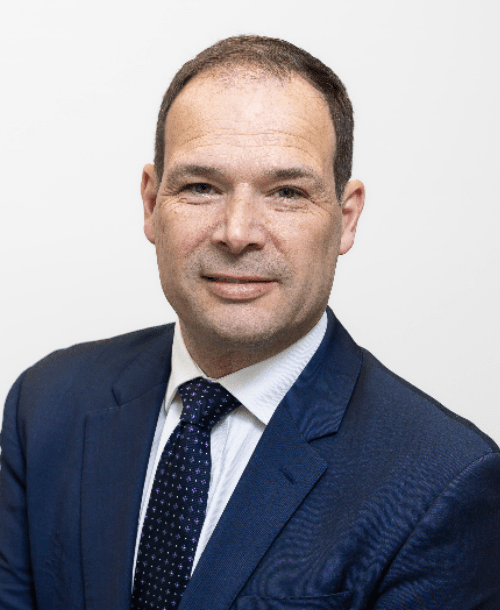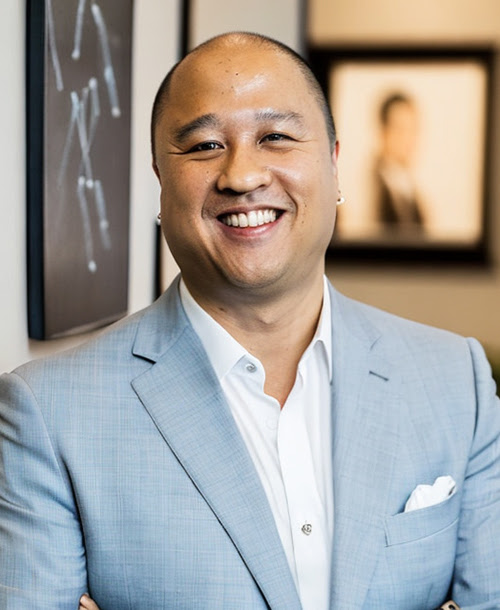


When the ‘East Coast Low’ weather event hit Queensland and New South Wales in early 2022, the impact of resulting floods and storms saw millions of dollars’ worth of assets rendered unsaleable or unusable.
–However, that didn’t mean they had no value.
When it comes to recovering maximum value for damaged goods, no-one knows more than Michael Hayes, Director at Hilco Global APAC.
Hilco Global APAC are specialists in asset recovery and Michael is a renowned expert – so much so that he is involved in over 90% of Commercial and Industrial recovery salvage cases in Australia, including those from the recent East Coast Low event.
In this interview, Michael discusses the impact of the East Coast Low weather event, how Hilco maximised salvage value, minimised waste of the damaged goods and what Michael personally brings to this important aspect of asset management.
An East Coast Low is an intense weather system that generates heavy rain, intense winds and rough seas. They hit Australia several times a year, but the one that landed in February 2022 caused one of the country’s worst flood disasters. Many businesses on the Queensland and NSW coasts suffered storm and flood damage, which left assets under a deluge of water and mud.
In short, we try to recover as much of the value of the goods as possible.
If the goods are covered by insurance, we work with the insurer to recover some of their payout cost. If there’s no insurance cover, we work directly with the owner of the assets to recover as much value as possible to offset their loss.
But in both scenarios, my goals are the same:
Recover the maximum value for assets
Avoid landfill – whilst the financial side is of course very important, we also have an imperative to ensure sustainability.
This year, we processed $25 million (retail value) of claims in a three month period, compared with $3 million in a ‘normal’ quarter.
We inspect the goods to determine what action to take. For example, we had electronics products, which had been under 400mm of water for an extended period. A test and tag showed that were faulty, so we sold them for parts to 2nd hand dealers.
In another electronics claim, despite the goods having been submerged in 10cm of water, testing showed them to be working fine, and we sold them to the public via our online auction platform. The damaged cardboard packaging was sent for recycling.
Sometimes we can refurbish or repair to get a higher value – one client had brand new excavators, for which they’d paid $85,000 each. But in their flood-damaged state, they were only worth $10,000 each. I arranged a diesel mechanic and a detailer (at a cost of $1,600 per unit) and after they’d worked their magic, we sold the excavators at $40,000 each.
We even donate – for example, when a food company lost power to its freezers, we gave 25,000 meals to a homeless shelter. The food was unsaleable, but still safe and my client really appreciated that at least their loss was someone else’s gain.
Balancing the need to provide returns to our clients, keep assets in use – and out of landfill – finding new uses and applications for them and taking them to market safely is a skill that has taken time to understand and navigate.
It certainly was a challenging time. I’d say the three biggest challenges were transportation, logistics and staff.
We must get the goods out of the flooded stores and warehouses as quickly as possible, so that businesses can start their clean up. But of course, the towns and surrounding roads are flooded, which makes the transportation logistics very complex. Add covid to the mix, and we had the perfect storm (pardon the pun!) of limited time; limited trucks (some were flooded in to their depots), limited routes (with roads under water) and limited drivers (because of covid). At one point, I had four days to move 19 double bogey trailers from a location in Queensland to NSW. That’s what I call a challenge!
But at Hilco, we know what we’re good at, and we know where we need help – so we brought in an expert logistics freight co-ordinator, and we got it all done.
We have warehouses for storage, but for the ECL claims, we had to hire three additional facilities, with a total of 8000 m2 of storage space. We had a stroke of luck with them, in that many redevelopments of warehouse sites had been delayed by covid, so there were short term leases available.
We also had to ramp up the team rapidly – it takes a lot of staff to run stock-takes, unpacking, itemising, creating listings and taking photos. We have a fabulous project manager in the team, and she very capably managed recruitment, training and supervision.
A lot of people – our platform is global, and we have a list of 2 million registered buyers.
For consumer goods, it’s the general public. One of the things I love about what we do is that we give people who couldn’t afford, say, a top of the range laptop, the chance to buy one at a much lower price. We’re ‘equalisers’ in that way.
For commercial goods, a surprising amount goes overseas, particularly specialist medical equipment, and manufacturing machinery. The insured often prefers goods to be sold offshore, and away from their clients and competitors.
Interestingly, although this is a model that is very well accepted and used by Australian businesses, it’s not that widely used overseas. So, the next step is to develop the offering for countries in Asia and Europe, especially those that are particularly prone to floods.
Well, I think it’s a lot to do with experience – I have been doing this for 30 years now. My previous role as an auditor with the big four consulting firms has also instilled in me very high standards of professionalism, great attention to detail, and the ability to see a transaction through from end to end. Trust and success in a role like mine also comes from being very well connected, to get things done fast. I’m passionate about sustainability, which my clients appreciate – they don’t want to see their goods in landfill any more than I do. Above all, I understand that business is about making money and I work hard to recover the highest possible value for my clients.
Michael Hayes is a director and founding shareholder of Hilco APAC. With over 25 years experience, he is a go-to person in auction and salvage disposal. Mike has continued to work hard for retailers and insurance professionals, having the ability to see possibility in even the most bespoke asset classes. Michael saw a gap in the market to provide a truly global offering across valuation, advisory and monetisation, leading to the formation of Hilco Global APAC.
If you’d like to learn more about how we provide flexible and fast salvage recovery solutions to insurance professionals, talk to our industry experts at Hilco Global.

Michael is a director and founding shareholder of Hilco APAC. With over 25 years experience, he is a go-to person in auction and salvage disposal.
Mike has continued to work hard for retailers and insurance professionals, having the ability to see possibility in even the most bespoke asset classes.
Michael saw a gap in the market to provide a truly global offering across valuation, advisory and monetisation, leading to the formation of Hilco Global APAC.


George has developed a career spanning over 20 years in Sales and Relationship management in the financial services industry, in particular within general insurance. With roles across client services and business development, George has built an impressive network of contacts within the Loss Adjusting, insurance claims, brokerage and building consultancy community. George has worked for Sedgwick in Australia for almost 10 years, niching in claims services (Loss Adjusting), Building consultancy and strata services to Australian Insurers. George holds a Bachelor of Business (Marketing ) degree and a Certificate IV in General Insurance through ANZIIF.


Michael has over seven years of experience in the auction industry where has managed client sale programs from a range of different sectors.
Michael runs the frontline for customer support at Hilco Global APAC, builds and maintains client relationships, troubleshoots curly questions and assists in the development of large contract and tender solutions.
